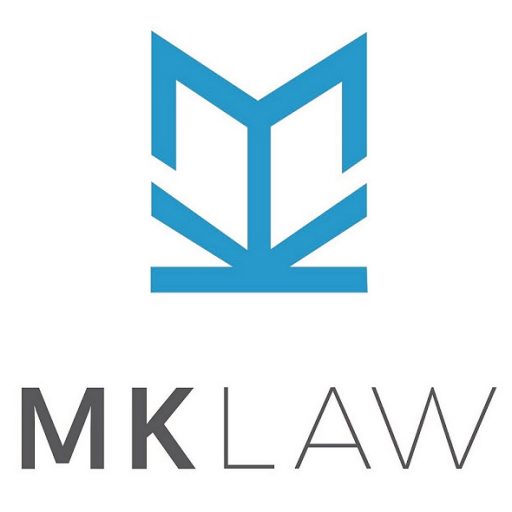08 Jun Upcoming: Major Changes to New Zealand’s Skilled Migrant Category
 New Zealand’s Skilled Migrant Category is undergoing significant changes aimed at setting a clear skills threshold and focusing on attracting highly skilled immigrants who can meet the country’s medium to long-term skill needs. Let’s take a closer look at the new simplified points system and what it means for potential applicants.
New Zealand’s Skilled Migrant Category is undergoing significant changes aimed at setting a clear skills threshold and focusing on attracting highly skilled immigrants who can meet the country’s medium to long-term skill needs. Let’s take a closer look at the new simplified points system and what it means for potential applicants.
The New Simplified Points System: A Clear Skills Threshold
Under the new rules, applicants must have at least 6 points to be eligible for residency. These points can be accumulated in several ways:
- Applicants can earn 3 to 6 points based on their New Zealand professional registration, qualifications, or income.
- Every year of work in a skilled job in New Zealand adds 1 point, up to a maximum of 3 points.
Direct-to-Residence Pathway for Highly Skilled Applicants
The highest-skilled individuals in each category have a direct-to-residence pathway. This includes people holding a professional registration requiring at least six years of formal training/work experience, people with a Doctorate, or people earning at least three times the median wage.
For example, a scientist with a PhD or a chef earning 1.5 times the median wage could claim enough points to be eligible for residence after some years of skilled work in New Zealand.
This structure provides flexibility for immigrants to demonstrate their skills and experience, allowing them to choose the category that offers them the most points.
Awarding Points for New Zealand Professional Registration
The new system recognises that professional registration bodies are well-equipped to assess people’s skills for their sector. Therefore, points will be awarded based on years of training or work experience:
- 6 points: 6 or more years
- 5 points: 5 or more years
- 4 points: 4 or more years
- 3 points: 3 or more years
Changes in Awarding Points for Qualifications
Points will continue to be awarded for qualifications under the new system, but there will be a significant change. Points for qualifications below a Bachelor’s degree level will be removed. This move is aimed at targeting people with at least six years of formal training and skilled experience. The following points will be awarded for higher-level qualifications:
- 6 points: PhD
- 5 points: Masters
- 4 points: Honours, Post-graduate diploma
- 3 points: Bachelor’s degree
Special Requirements for Specified Occupations
The proposed changes also include special requirements for people in specified occupations, including Café or Restaurant Manager, Hospitality, Retail and Service Managers not elsewhere classified and Retail Manager (General). These occupations will be treated as skill levels 4 – 5, which will require 1.5 times the median wage to qualify under these instructions.
These measures are intended to manage immigration and labour market risks while still granting residence to highly skilled individuals in these occupations.
Introducing Income as a Skill Proxy
Income as a standalone proxy for skill is a new proposal under the simplified points system. This is particularly beneficial for highly skilled individuals in occupations where skills are primarily developed on-the-job.
- 6 points: Earning 3 times the median wage
- 3 points: Earning 1.5 times the median wage
Points for Skilled Work in New Zealand
Demonstrating commitment to New Zealand through skilled work in the country can also add points to an applicant’s total:
- 3 points: 3 years of skilled work
- 2 points: 2 years of skilled work
- 1 point: 1 year of skilled work
Remove the Cap on Applications
Under the proposed settings, there will be no cap on the number of eligible applications that can be processed. Immigration New Zealand will adjust its resources based on forecasting and process “to demand”, much like it does for temporary visas. The move away from a numerical limit hinge on setting an appropriate skill level to help manage demand.
Eliminate the Expression of Interest (EOI) Step
The proposal includes removing the step where individuals need to submit an Expression of Interest (EOI) before being invited to apply. Instead, people can proceed directly to the application stage. The EOI process, primarily used to manage numbers under the planning range, would no longer be relevant under the proposed system, where all eligible applications can be processed.
Final Thoughts
These big changes to the Skilled Migrant Category aim to ensure that New Zealand attracts and retains highly skilled migrants who can contribute significantly to the country’s economy and society. While the new points system sets a higher bar for eligibility, it offers a clearer pathway for those with the necessary skills and experience, especially in areas where there are long-term skill shortages. As these changes come into effect, it will be important for potential applicants to thoroughly understand the new rules and seek advice as necessary to navigate the new immigration landscape.





Sorry, the comment form is closed at this time.